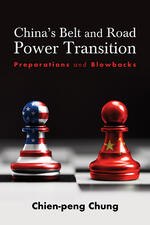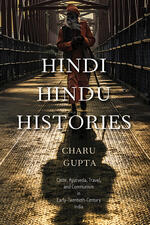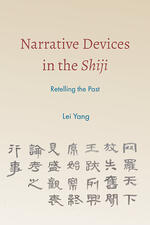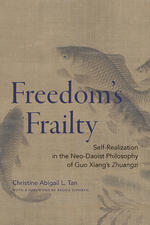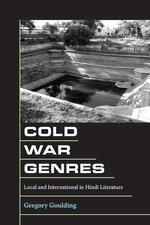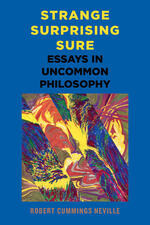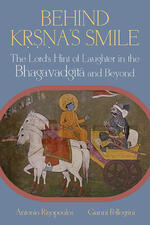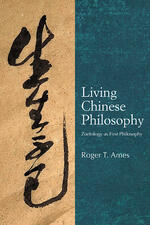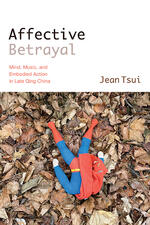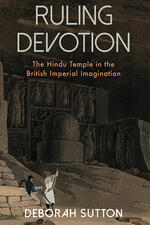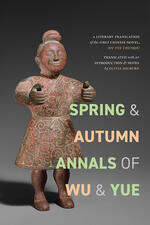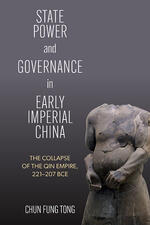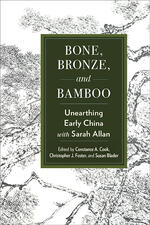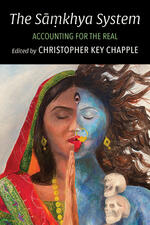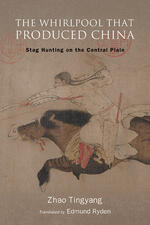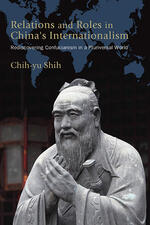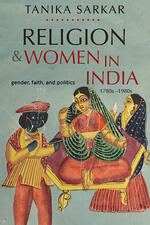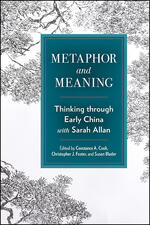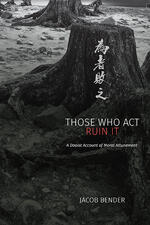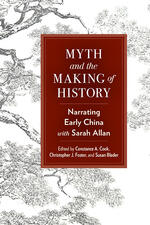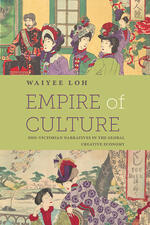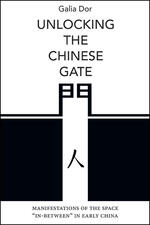Asian Studies
Celestial Signs and Classical Rhetoric in Early Imperial China
Considers how sign-reading fit into broader understandings of the human and cosmic worlds in Han times.
China's Belt and Road Power Transition
Details the Belt and Road global infrastructure development initiative as the most important instrument for China’s leadership under Xi Jinping to create an alternative global economic and geopolitical order to challenge the United States.
From Eternity to Eternity
A vivid, firsthand account of life as a Buddhist nun, by the most respected female Zen master in Korea.
Hindi Hindu Histories
Explores how four public intellectuals in North India imagined freedom and Hindi-Hindu nationhood through their writings on caste, Ayurveda, travel, and communism.
Narrative Devices in the Shiji
Provides a new model for reading the Shiji and other early Chinese historical texts.
Freedom's Frailty
Draws on Guo Xiang's commentary on the Zhuangzi to construct an account of freedom that is both metaphysical and political.
Cold War Genres
Argues that the post-independence period was a unique era of literary experimentation in Hindi literature, which must be read in the contexts of both local and global cultural, social, and literary history.
Strange, Surprising, Sure
Accessible and wide-ranging essays on the philosophy of religion.
Behind Kṛṣṇa’s Smile
Examines Kṛṣṇa’s hint of laughter (prahasann iva) in the Bhagavadgītā, its interpretations in the Vedānta commentarial tradition, and its significance in Kṛṣṇaite iconography and literature.
Living Chinese Philosophy
Contrasts classical Greek ontology ("the science of being in itself") with Confucian "zoetology" ("the art of living").
Affective Betrayal
Seeks to introduce an "affective turn" to the study of China's political modernization process.
Ruling Devotion
Combines historical, literary, art historical, and archaeological perspectives to explore the idea of the Hindu temple in the British colonial imagination.
Spring and Autumn Annals of Wu and Yue
An approachable and readable translation of a classic work of Chinese literature and landmark work of non-Western fiction writing.
State Power and Governance in Early Imperial China
Offers a new perspective on the first dynasty of imperial China and the reasons for its collapse.
Bone, Bronze, and Bamboo
Explores how the tremendous wealth of newly unearthed artifacts and manuscripts have changed our understanding of China's past.
I, Yantra
Argues that ancient yantra (robot) tales reveal how their Hindu, Buddhist, and Jain authors thought about the nature of humanity and our role in a cosmos filled with divine and natural forces.
The Sāṃkhya System
Explores the Sāṃkhya system and the delicate relationship it articulates between witness consciousness (Puruṣa) and manifest realities (Prakṛti), providing a path to freedom through knowledge.
The Whirlpool That Produced China
Provides a philosophical, cultural, and historical answer to the question: Where did China come from?
Relations and Roles in China's Internationalism
Creative exploration of how the encounter between Confucianism and western (neo)liberalism necessarily leads to the unlearning of both.
Religion and Women in India
Examines the intersections of gender, religion, and politics among various Indian religious communities, from early British rule to the late twentieth century.
Metaphor and Meaning
Examines questions of cosmos, society, and self through the metaphors and language of ancient Chinese texts and artifacts.
Those Who Act Ruin It
Presents an iconoclastic account of morality and moral discourse from the perspective of Daoist philosophy.
Myth and the Making of History
Sheds new light on the relationship between myth and history in ancient China and the central role they have played in shaping early Chinese thought.
Empire of Culture
Shows how Britain's trans-imperial engagements in the long nineteenth century have come to shape global cultural commodity flows today.
Unlocking the Chinese Gate
Offers an innovative analysis of gates—as architectural components, visual images, and mental constructs—in early Chinese thought and material culture.

